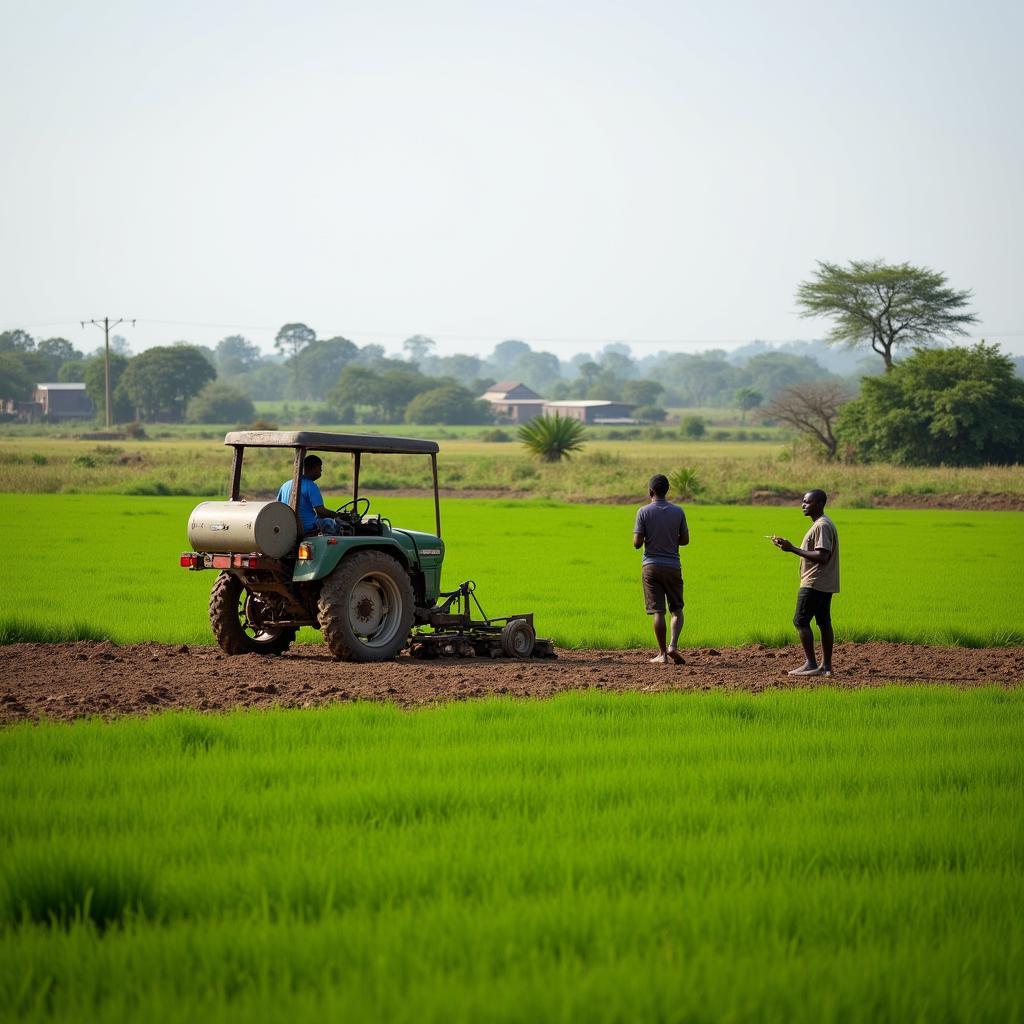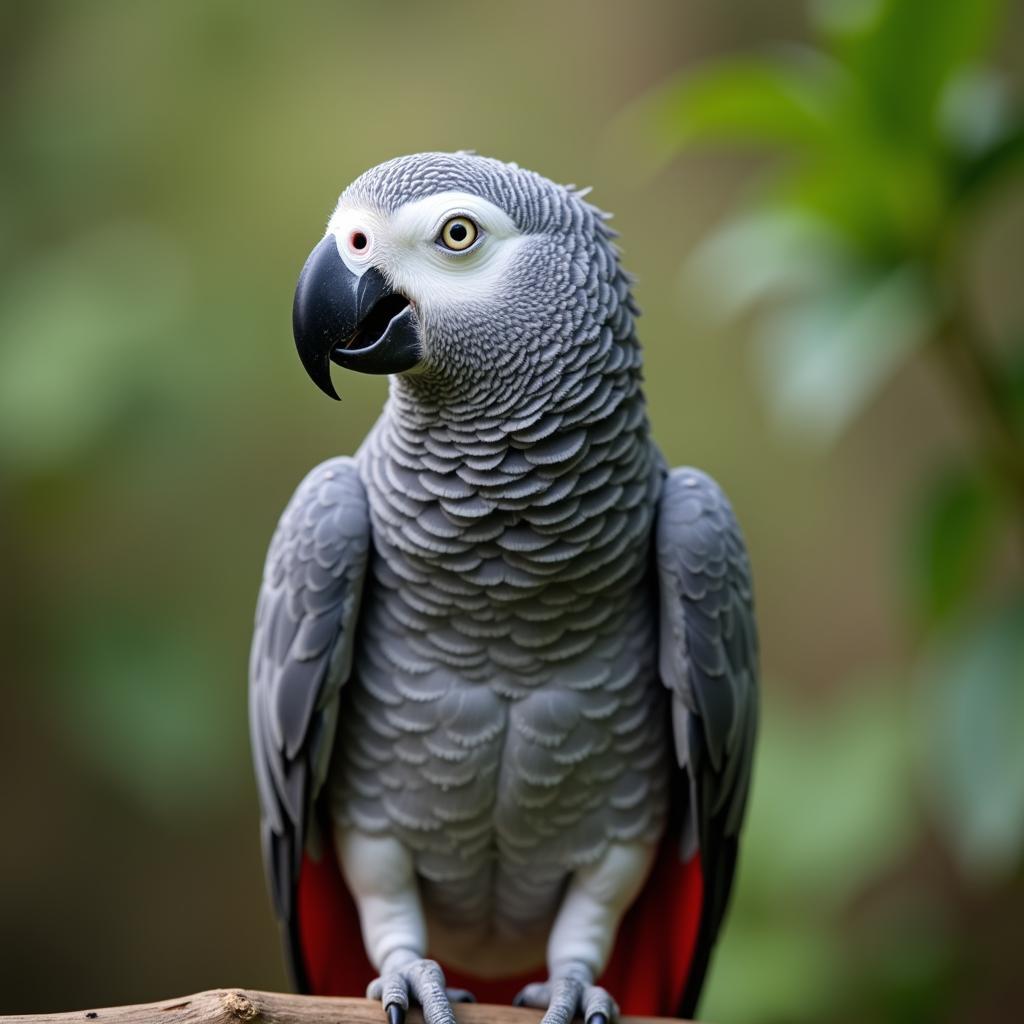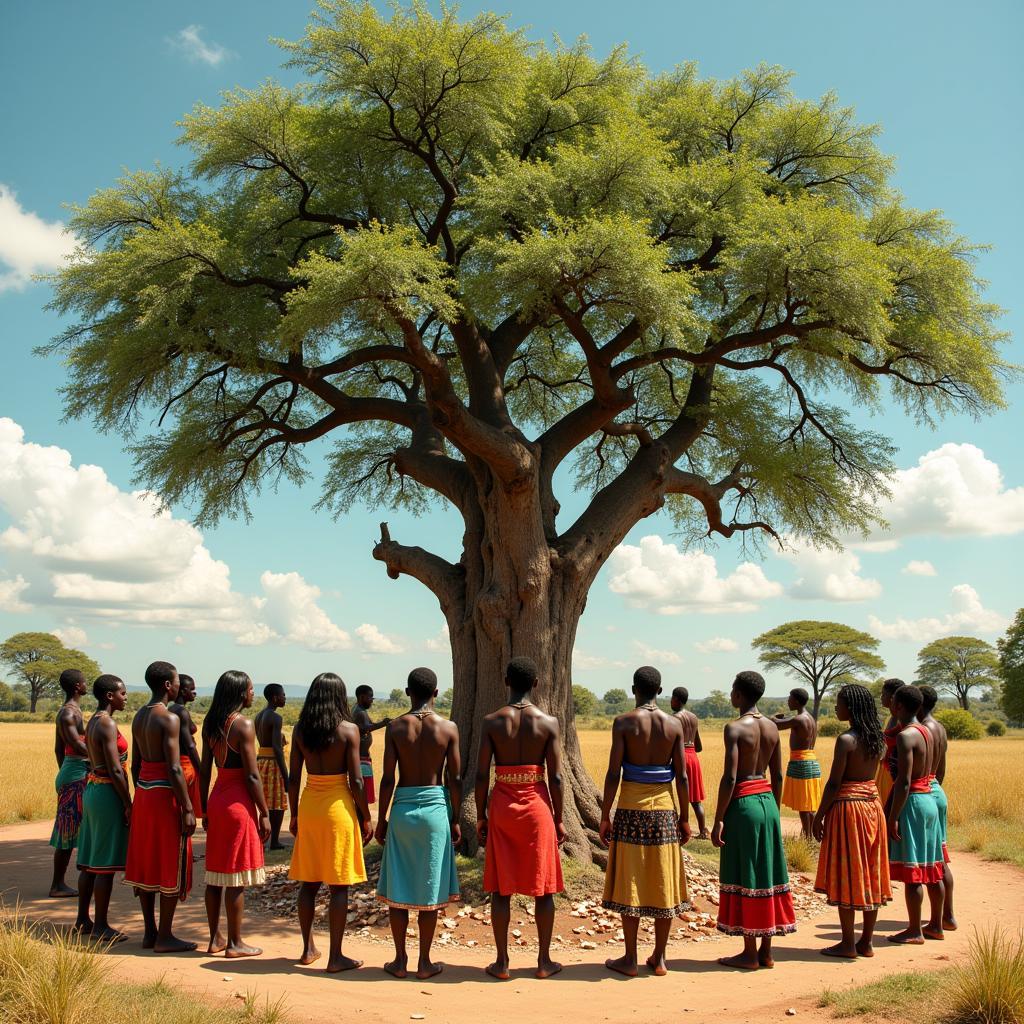Exploring the Rich Tapestry of African Language Songs
African Language Songs offer a vibrant gateway into the diverse cultures and traditions of the continent. From ancient rhythms to contemporary beats, these songs weave stories of life, love, struggle, and celebration. This exploration delves into the captivating world of African music, examining its linguistic diversity, cultural significance, and the power it holds to connect people across generations and geographies.
The Power of Language in African Music
African music is intrinsically linked to language. More than just a medium of communication, language in song becomes a powerful tool for storytelling, preserving history, and expressing emotions. Whether it’s the rhythmic clicks of the Khoisan languages of Southern Africa, the melodic tones of Swahili in East Africa, or the complex tonal structures of Yoruba in West Africa, each language imbues the music with a unique character and cultural identity. The use of proverbs, metaphors, and idioms further enriches the lyrical content, adding layers of meaning that resonate deeply with listeners familiar with the cultural context. For instance, the african child song powerfully uses language to convey a message of hope and resilience.
How Language Shapes Musical Styles
The very structure of African languages influences the musical styles that emerge from them. Tonal languages, where the meaning of a word changes depending on the pitch, often lead to melodically rich music. Rhythmic languages, with their complex patterns of stress and intonation, give rise to intricate rhythmic structures in the music. This interplay between language and music creates a rich sonic tapestry, reflecting the incredible diversity of the continent. Even within a single language, different dialects and regional variations can influence musical styles, leading to a vibrant and constantly evolving musical landscape.
Cultural Significance of African Language Songs
African music plays a vital role in various cultural ceremonies, rituals, and everyday life. From lullabies sung to soothe babies to work songs that synchronize communal labor, music is an integral part of the social fabric. Songs are used to celebrate births, marriages, and harvests, as well as to mourn losses and offer comfort. They serve as a powerful means of transmitting cultural values, beliefs, and traditions from one generation to the next. It’s not just about entertainment; it’s a living embodiment of cultural heritage. If you’re interested in the intersection of African culture and digital humor, you might find the african boys memes insightful.
Music as a Form of Social Commentary
Beyond their ceremonial and social functions, African language songs often serve as a powerful form of social commentary. Musicians use their voices to address political issues, challenge social injustices, and express the hopes and aspirations of their communities. This tradition of using music as a tool for social change dates back centuries and continues to be relevant today. Through their lyrics, musicians can raise awareness, mobilize communities, and inspire action. This element of social commentary adds depth and meaning to the music, making it a powerful force for positive change.
Exploring Different Genres of African Music
From the highlife music of West Africa to the isicathamiya of South Africa and the taarab music of East Africa, the continent boasts a breathtaking array of musical genres. Each genre has its own unique characteristics, reflecting the specific cultural and linguistic influences of the region. Exploring these different genres provides a fascinating journey into the diverse musical landscape of Africa. The african amarican singer link provides an interesting perspective on the musical diaspora and its influence on global music.
Conclusion
African language songs offer a captivating glimpse into the soul of the continent. They are more than just entertainment; they are a living testament to the rich cultural tapestry of Africa, reflecting its linguistic diversity, historical narratives, and the vibrant spirit of its people. By exploring these musical traditions, we gain a deeper understanding and appreciation for the power of music to connect us to different cultures and to the shared human experience.
FAQs:
- What are some popular African language songs? This depends on the region and genre, but some well-known artists include Youssou N’Dour, Fela Kuti, and Miriam Makeba.
- Where can I find more information about African music? Numerous online resources, documentaries, and books are available.
- How does African music influence other genres? African rhythms and musical structures have significantly influenced various genres like jazz, blues, and hip-hop.
- Are there any festivals celebrating African music? Yes, many festivals worldwide showcase African music and culture.
- Can I learn to play African instruments? Yes, many resources and instructors are available for learning various African instruments.
- What is the role of music in African storytelling? Music plays a crucial role in preserving and transmitting oral histories and cultural narratives.
- How is African music evolving in the digital age? African musicians are increasingly using digital platforms and technology to create and share their music globally. If you are interested in african wildlife, check out the african cats soundtrack.
For further support, please contact us: Phone: +255768904061, Email: kaka.mag@gmail.com, or visit us at Mbarali DC Mawindi, Kangaga, Tanzania. Our customer service team is available 24/7.




